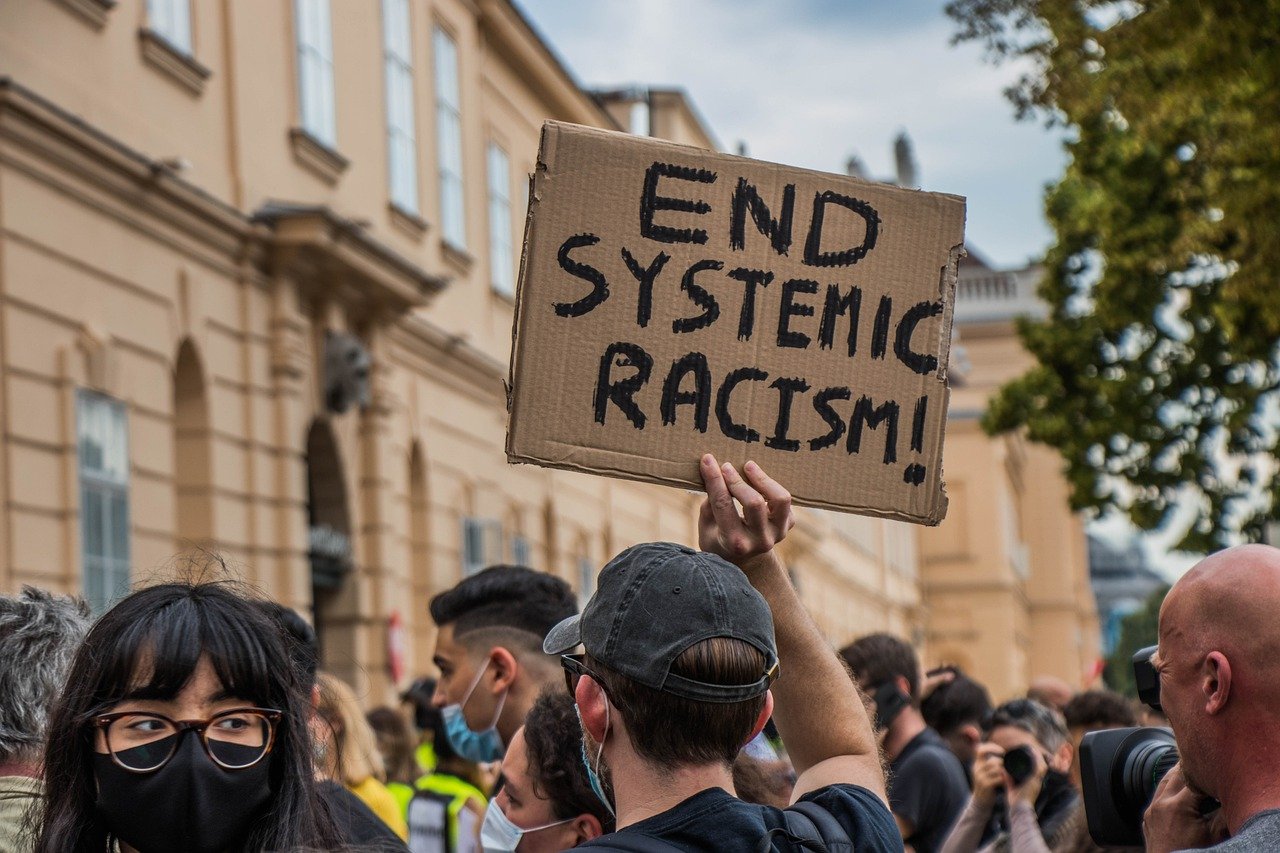A Letter to Eileen: In Solidarity We Stand

Note: This letter was written after reading two responses to Eileen’s original letter that has been circulating on Wechat among the Chinese-American community. The arguments made in those two responses show that the fight for education, self-reflection, and systemic reform must continue.
Dear Eileen,
First, I want to thank you for your vulnerability and I’ll address you with the respect you deserve – as a mature and thoughtful woman who has penned a call-out to the greater Chinese-American community that we can and MUST do better in addressing rampant systemic racism and power imbalances in our country.
Your comments are meant to offer starting points for reflection and introspection. I don’t hear any “blame” or “accusations” in your letter. You thoughtfully highlighted your own experiences of observing racist remarks and actions from close relatives and others in the Chinese-American community. You recognized that off-handed remarks against the Black community, which I have also observed, show complicity. Rather than triggering anger or defensiveness, your letter has caused me to scrutinize what I have done and how I can do more both for our own Asian communities and for Black Lives Matter (BLM) Movement.
Though I am not out there taking Black lives or physically harming them, I would be complicit in perpetuating this oppression if I did not speak out when hearing racist comments or called for reform upon seeing these murders in the news.
So thank you for speaking out and for calling on our greater community to do more.

Second, I’d like to reflect on my own experience as an immigrant and Chinese American. My parents have shown me the value of hard work and I recognize and truly appreciate the sacrifices they’ve made for me to receive an education and become who I am today. They have faced racism, overcome language and cultural barriers to become US citizens. I am astounded at how much courage it must have taken to leave China and start a new life in the US despite these obstacles. I’m extremely proud of their accomplishments.
However, as you said, we can do better. We must acknowledge and address our own inactions that contribute to this injustice. I can both be proud of my parent’s journey, appreciate their sacrifices for me, but also be ashamed of our own inaction to speak out against injustice.
These are not mutually exclusive and you pointing out ways for us to improve does not diminish those accomplishments and my pride in those accomplishments. People can both contribute to great collective actions such as mobilitizing to donate PPEs to disadvantaged communities to fight the spread of COVID and actively participate in PTAs to improve education, while also failing to actively fight racism. We might not be overtly racist by not making racist comments or individually discriminating against a Black person, but we are not embracing our societal responsibility as empathetic human beings and responsible citizens to fight systemic racism, which is what BLM movement is fighting to remove.
People can both experience racism and also be oppressors themselves. In fact, our own experiences with discrimination would make us great allies for the BLM movement. We need to give space to hear and have empathy for the Black experience in America. We shouldn’t act as if we know what the experiences of Black people in this country are, just based on what we observe or see in the news. And we should not be blind to the fact that we do not live in a post-race world.
“Self-reliance, societal responsibility, and helping others” – I believe these are not just “Chinese values” as others have pointed out, but rather universal Human values. However, values are goals we strive to live by through our actions - not just what we say. Sometimes, it’s easy. Other times, less so. The true test of values is when the choice is uncomfortable for us – do we choose to stand by those values and fully embody them, even when the situation is difficult? Or do we live by them only when the situation is convenient for us and we stand to gain?
Eileen, you are calling us out to recognize that we have done so much as a community to succeed in this country. And we should be proud of those accomplishments. But those accomplishments are possible because we sit on the shoulders of those who came before us including Black Americans, Asian Americans, and many others. Just as I should acknowledge the role my parents placed in giving me opportunities to succeed in this country, we should recognize those before us who have made it possible for us to immigrate to the US at all and take advantage of its opportunities. We are not disconnected individuals that succeed ONLY by our own efforts but rather are part of a system that can either empower or repress us, despite our individual efforts.
You are not “boxing us in” as the Model Minority myth and original Chinatowns tried to do, but challenging us to grow and find our own voices to create a just and equitable American society. I appreciate you raising your voice and I’m ready to add my own.
Power to the people,
Mei
Meiling Gao runs an environmental startup in the SF Bay Area and is an immigrant and daughter of immigrants from China. She studied at MIT, Harvard University and University of California, Berkeley.
References:
1.https://www.racefiles.com/2013/07/31/three-things-asian-americans-owe-to-the-civil-rights-movement/
2.https://www.zinnedproject.org/materials/asian-americans-and-moments-in-peoples-history/
3.https://www.npr.org/sections/codeswitch/2017/04/19/524571669/model-minority-myth-again-used-as-a-racial-wedge-between-asians-and-blacks
4.https://www.pbs.org/kqed/chinatown/resourceguide/story.html#:~:text=In%201853%20the%20neighborhood%20was,growing%20to%207%2C500%20in%201880

评论
加入讨论
请登录后发表评论
还没有评论
登录成为第一个评论的人。